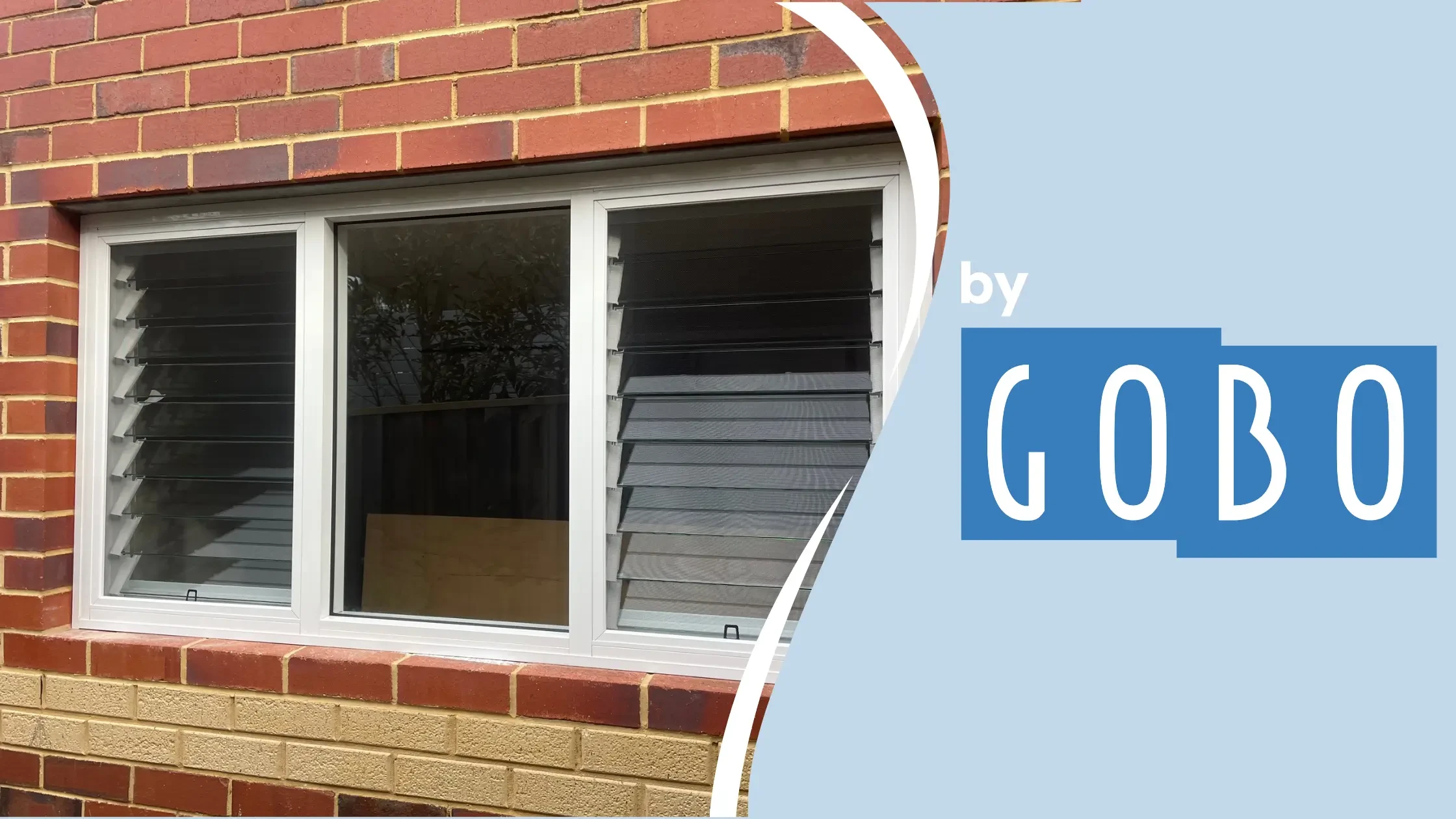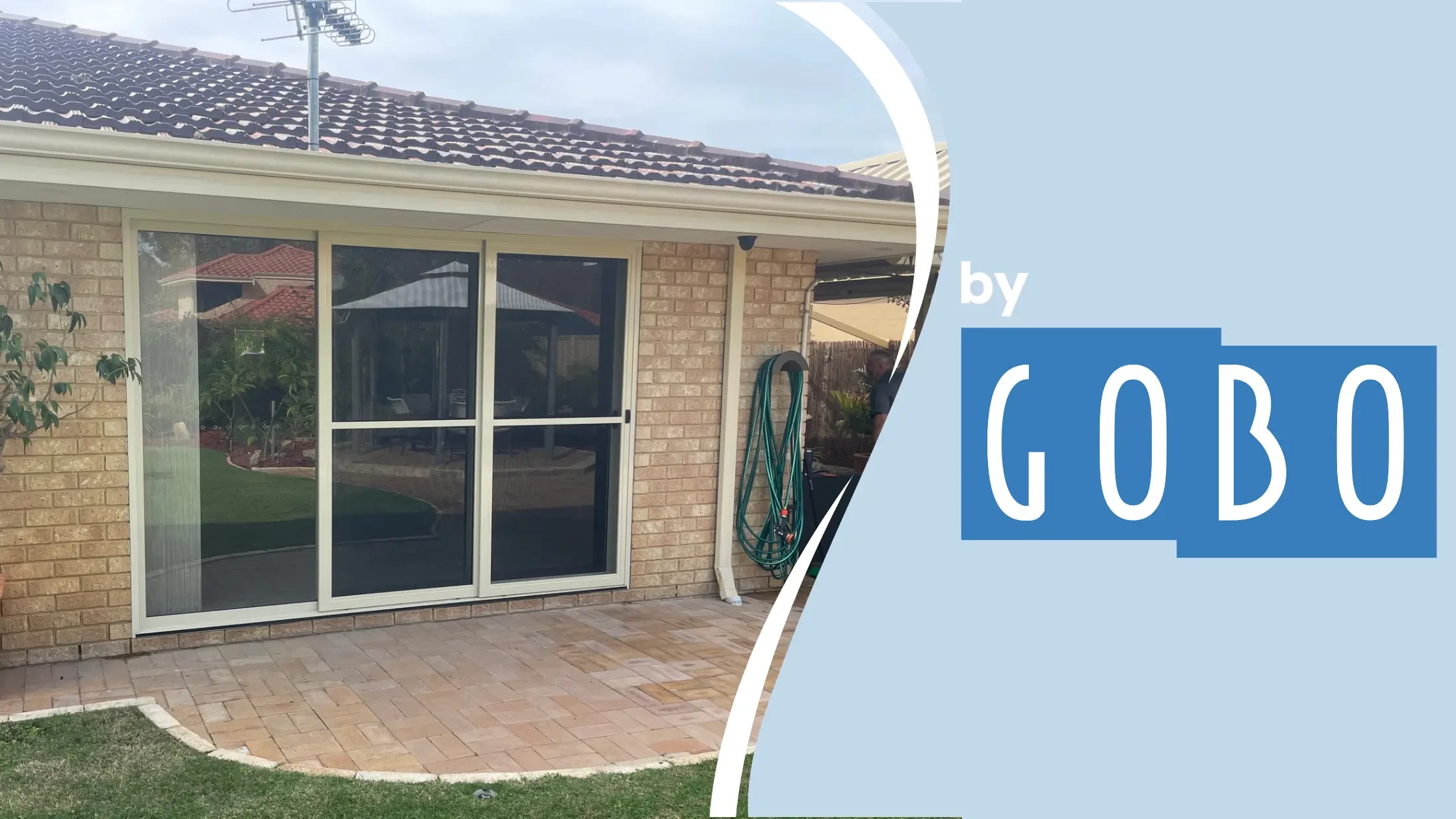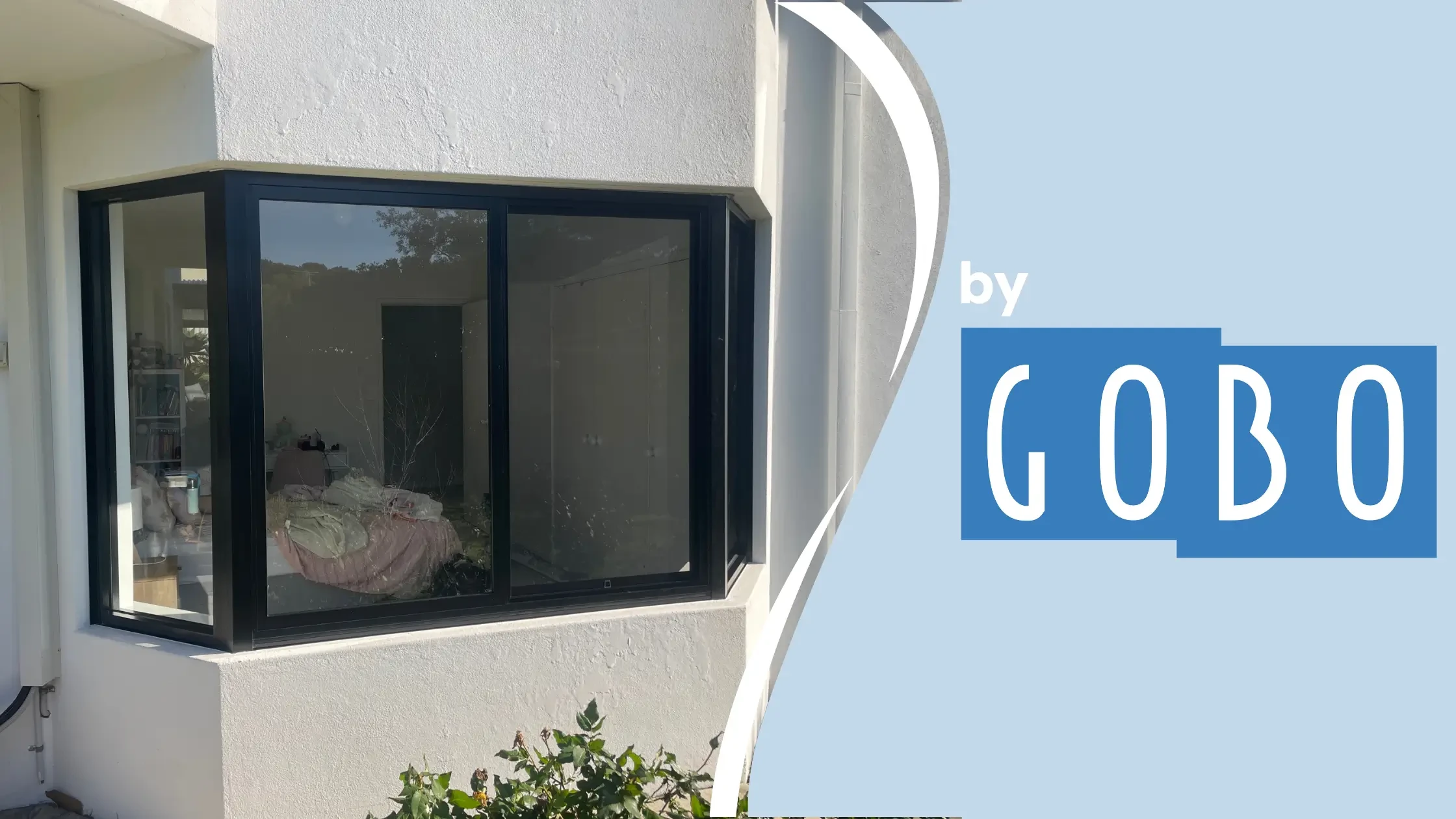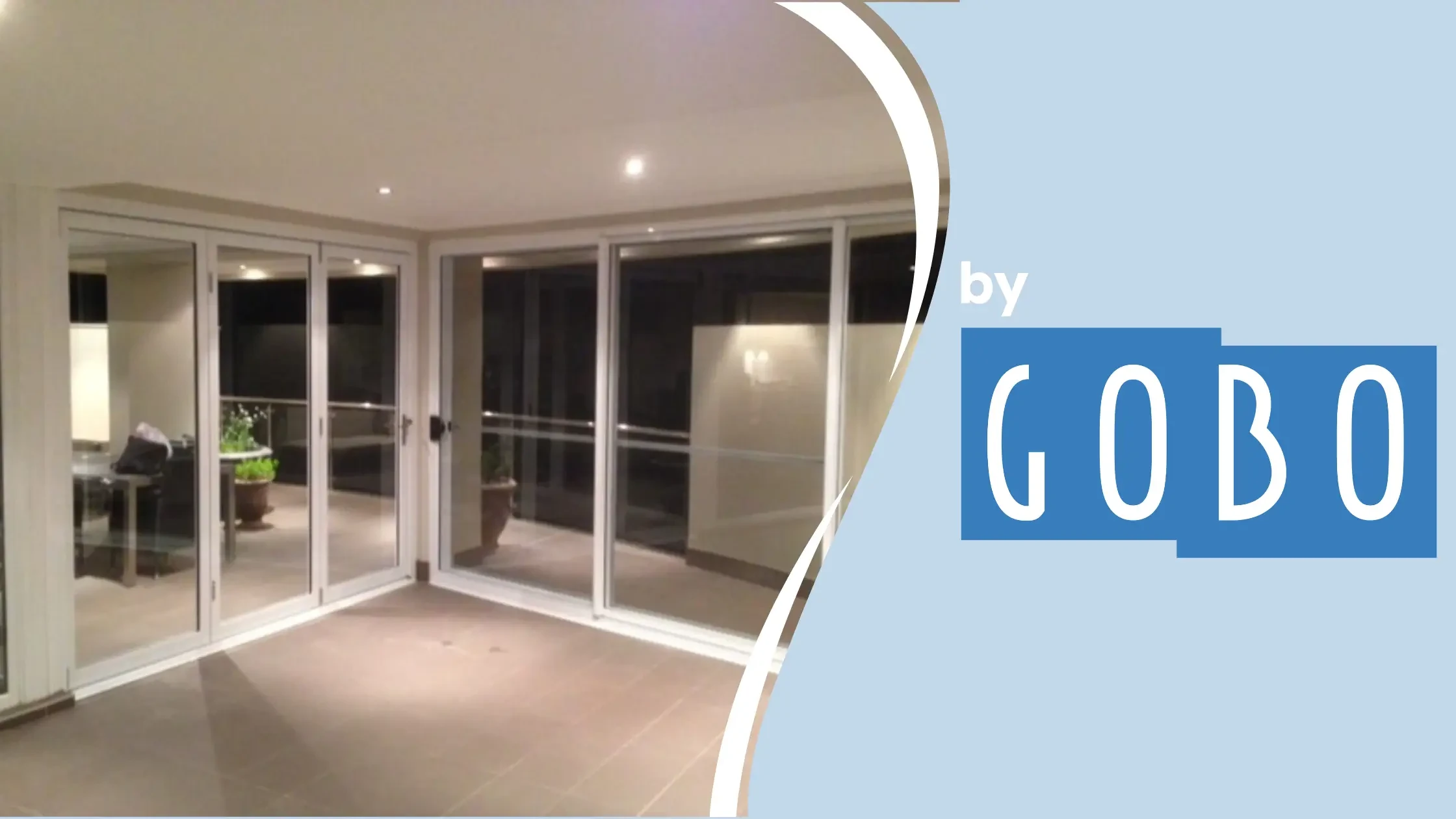How Louvre Help Control Airflow in Your House
Proper ventilation is essential for maintaining a comfortable and healthy indoor environment. Poor airflow can lead to high humidity, increased allergens, and a rise in energy costs. Louvre windows offer an efficient and stylish solution to improve air circulation while enhancing the aesthetic appeal of a home.
This article explores the benefits of louvre windows and how they contribute to better airflow, energy efficiency, and overall indoor air quality.
What Are Louvre Windows?
Louvre windows consist of horizontal glass blades that can be adjusted to control the amount and direction of airflow. Unlike traditional fixed or sliding windows, louvres allow for precise ventilation adjustments. They are designed to create an effective cross-breeze and can be customised to suit different climates and architectural styles.
The Benefits of Louvre Windows for Airflow
Adjustable Airflow Control
One of the primary advantages of louvre windows is their ability to regulate ventilation. You can easily open them partially or fully to let in fresh air, reducing the need for artificial cooling systems.
Creating a Natural Cross-Breeze
Louvre windows facilitate cross-ventilation, allowing fresh air to enter from one side of the home and exit through another. This helps in cooling the interior naturally, making the home more comfortable during warmer months.
Reducing Reliance on Air Conditioning
With improved airflow, homeowners can reduce their dependence on air conditioning. This results in lower energy consumption and reduced
utility bills, making louvre windows a cost-effective solution for temperature regulation.
How Louvre Windows Improve Indoor Air Quality
Reducing Humidity and Moisture
Excess moisture in the home can lead to the growth of mould and mildew. Louvre windows help expel humid air, particularly in areas such as bathrooms and kitchens, ensuring a healthier indoor environment.
Preventing Mould and Mildew
By improving ventilation, louvre windows minimise the risk of mould buildup, which can cause respiratory issues and damage furniture and walls.
Filtering Out Air Pollutants and Allergens
Louvre windows can be fitted with filters or screens to block dust, pollen, and other airborne pollutants, making them ideal for individuals with allergies or respiratory conditions.
Energy Efficiency and Temperature Control
Enhancing Passive Cooling and Heating
Louvre windows enable passive cooling by allowing hot air to escape, reducing indoor temperatures naturally. During colder months, they can be closed to retain warmth, reducing heating costs.
Blocking Out Heat with Tinted or Opaque Louvres
For additional temperature control, homeowners can opt for tinted or opaque louvres that block direct sunlight, keeping indoor spaces cooler and more comfortable.
Placement and Positioning for Maximum Effectiveness
The positioning of louvre windows plays a crucial role in optimising airflow. Installing them in strategic locations such as opposite walls, near ceilings, or in stairwells maximises ventilation efficiency. Consulting an expert can help determine the best placement for your home.
Comparing Louvre Windows to Other Window Types
Louvre Windows vs. Sliding Windows
Sliding windows provide limited ventilation as they can only be opened partially. Louvre windows, on the other hand, allow for maximum airflow control, making them a superior choice for ventilation.
Louvre Windows vs. Fixed Windows
Fixed windows do not open, restricting airflow completely. Louvre windows offer a flexible alternative, allowing homeowners to adjust ventilation as needed.
Common Misconceptions About Louvre Windows
Are They Secure?
Modern louvre windows come with security enhancements such as locks and reinforced glass, making them as secure as traditional window options.
Do They Let in Too Much Dust?
When fitted with mesh screens, louvre windows can effectively keep out dust and debris while maintaining proper airflow.
Can They Be Installed in All Climates?
Louvre windows are suitable for various climates. In humid regions, they help control moisture, while in warmer climates, they enhance cooling efficiency.




